A discount can help move a deal that’s progressing slowly, create trust, and give you leverage for future compromises. However, you have to use discounts in a way that makes it worth your while.
To some degree, the thought process shifts from value to price when a discount is mentioned. They no longer consider the positive impacts on their business; instead, it becomes a conversation on what the lowest price can be. You have to be careful. You need to direct the conversation away from that thought process when you start talking discounts. It’s a double-edged sword.
1. Before discussing a discount, figure out what they’re expecting.
The best sales strategy is to find a prospect that will genuinely benefit from your product or service. That means you shouldn’t compromise on the price if that means the prospect won’t benefit. If their expectations can only be met at your original pricing, then tell them so. Building quality relationships should always take precedence over a quick buck.
2. Ask if the price is their deciding factor.
It’s crucial to figure out if your prospect just wants a discount or can’t afford your offering. The client might not be able to come close to your regular pricing for purely financial reasons, and that’s okay. Both types of prospects will ask for your pricing first or ask if that information is available online.
The best way to figure out what type of client they are is to ask the question up-front. That way, you don’t spend too much time speaking with someone that simply can’t afford it.
3. Before talking price (at all), see if your offering is the right solution for them.
Before you give specific numbers, tell the prospect you want to see if your offering is the right solution for them. This will reiterate the value of your offering, making that the last thought in their mind before they hear specific numbers.
If the prospect is asking about discounts at this stage, this means they’re interested in buying. Just remember to hold off on giving them a discount right away, so you don’t seem too eager. Tell them you have to look into it then figure out a number that makes sense for you and the prospect.
4. Ask Why?
This response is typically for the prospects that are haggling for the sake of it. This assumes that the prospect believes you’re overcharging, which shouldn’t be the case if you have a successful business model.
In fact, you’d be surprised by the number of clients that say they were “just curious” and go on to pay the full price.
5. Offering a discount with stipulations to maintain the value of your offering
Compromise is vital in sales. There has to be some give and take if you want a deal to work out for both parties.
By having an intimate knowledge of non-monetary compromises that allow you to adjust your pricing, you have a lot more flexibility to land a sale.


